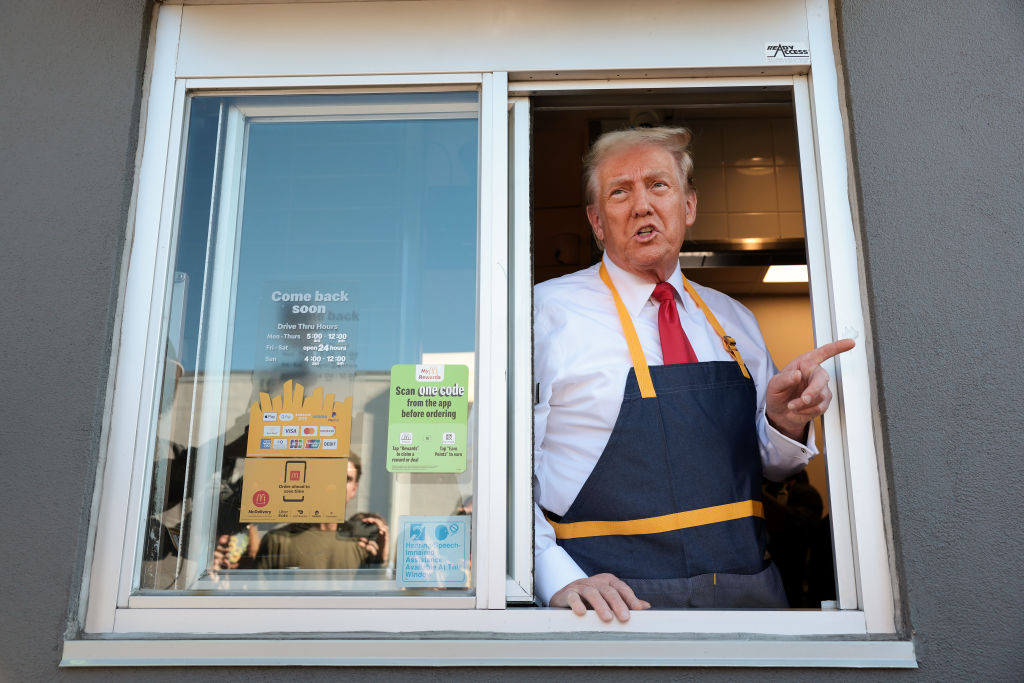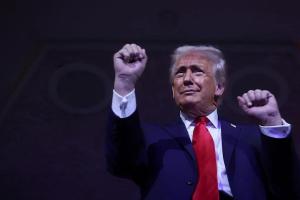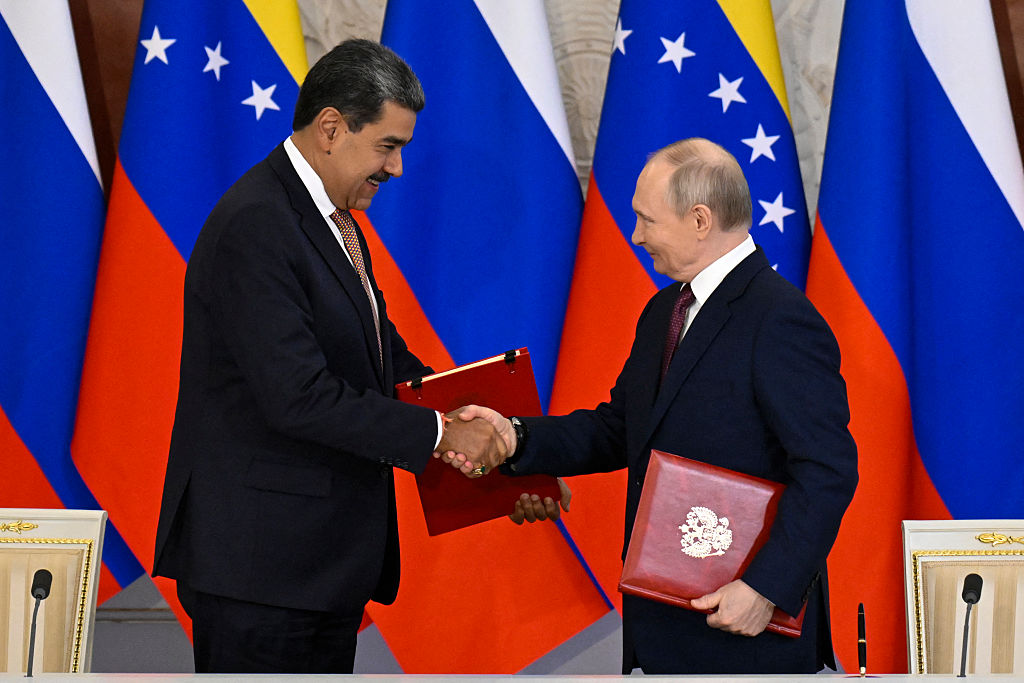Bishop Butler once observed that probability is “the very guide of life.” This is true. It follows that possibility is cheap, an errant muse. Yes, we must stash away in the back of our mind the admonition that “in this life… we must always distinguish between the Unlikely and the Impossible” (that’s the philosopher R. Psmith, courtesy of P.G. Wodehouse). Nevertheless, we should not run our lives or write our columns on that basis.
“Why Trump won.” That is my assignment. I shall treat it as a declaration, not a question. And even though I write before the returns are in, I can give you the reasons. After all, I have been predicting that Donald Trump would win “in a landslide” at least since July.
As has become increasingly clear over the past several weeks, there are three basic reasons that Trump won.
The first two are interwoven. Kamala Harris was a horrible candidate. Trump, on the contrary, was superb.
As to Kamala, her inarticulacy was a major stumbling block. So was her choice of running mate: Tim Walz may be the left-most governor in the country. Certainly, he is the weirdest. Harris’s 60 Minutes interview was a disaster, as was her interview with Bret Baier.
Often, Harris’s mistakes were fodder for Trump’s triumphs. Harris said she had worked the fry station at McDonald’s. There was no record of that, so Trump made hay of the apparent lie. He picked a McDonald’s in Pennsylvania, made French fries and handed out food at the drive-through window. A publicity coup.
Then there was the Garbage Gambit. Joe Biden called Trump supporters “garbage.” The White House tried and failed to walk back the remark. But Trump’s team came up with the splendid idea of having a garbage truck emblazoned with the campaign logo meet his plane in Green Bay, Wisconsin. They topped that by slinging a neon orange and yellow maintenance vest over the president. He emerged from the plane wearing it, conducted a brief interview from the cab of the truck and then proceeded to his rally where he explained to the adoring crowd why he was wearing the vest. Brilliant.
The 2024 campaign was more than a series of gaffes, mostly on one side, and publicity triumphs on the other. Everyone understands, but only in the coming weeks will people start to admit, that Harris was a totally synthetic candidate, a product of what I have called political levitation. On July 20 she did not exist as a presidential candidate. The next day, Joe Biden was forced (no one knows conclusively by whom) to withdrawn from the campaign. Suddenly, Harris went from being nothing to being everything. It was an ontological upgrade worthy of the opening chapter of Genesis. Despite wall-to-wall support from the propaganda press, the levitation eventually faltered. Voters saw behind the mask. Scary.
Neither campaign relied only on its principal. Harris depended on what I have called the Syndicate to keep her aloft. Trump relied on a coalition that included J.D. Vance, his running mate and a masterly political spokesman; Robert F. Kennedy Jr., scion of the most famous political family in America; former congresswoman Tulsi Gabbard; tech genius Elon Musk; and a host of other prominent surrogates. Many of Trump’s supporters had been Democrats.
Harris had Mark Cuban, Liz and Dick Cheney, Lady Gaga and an assortment of bitter NeverTrumpers. Harris outspent Trump by a margin of about three to one. But who had the most energetic campaign? Energy, said William Blake, is eternal delight. Trump has it. He attended three rallies on November 3 and four on November 4, ending the last one at about 2 a.m.
Trump, as is his wont, was liberal in calling Harris, Walz and her circle disobliging names. But he did it with a smile and his rallies were always upbeat affairs. Harris begin by talking about “the politics of joy” but soon swerved to calling Trump a “fascist” and comparing him to Adolf Hitler. Trump’s campaign was essentially affirmative: Make America Great (and Healthy) Again. Harris’s was about what a terrible person Trump is.
Trump won because he offered a vision of a healed America — and he did so with a team that brought both unstoppable brio and an articulate discussion of policy issues to the table. Harris brought snarling animus and an unwillingness to engage in any serious discussion of policy. Asked about how she voted on California’s tough-on-crime Prop 36, she declined to answer. Amazing.
Trump won because people are worse off now than they were four years ago when he was president. Prices are higher, the border is broken and the world teeters on the edge of World War Three. That all happened on Harris’s watch. She couldn’t escape it.
But the third reason Trump won was a shift in the zeitgeist. The country is increasingly cognizant of and fed up with the administrative apparat that rules over us and that fabricated the manikin Kamala Harris as frontman for their agenda. Trump has exposed cracks in “The Narrative” that supports that agenda. Voters saw what Biden-Harris and, before them, Obama had done in their effort to “fundamentally transform the United States of America.” They saw — and they rebelled. The result was that, come January 20, Donald J. Trump will be the 47th president of the United States.
This article was originally published in The Spectator’s December 2024 World edition.


























Leave a Reply